
Interview: Jason Graves Talks Far Cry Primal's Soundtrack and More! - Article
by Tyler Treese , posted on 13 April 2016 / 3,984 ViewsJason Graves is one of the busiest composers in gaming. He's worked in some on some of the biggest franchises in gaming, and you've heard his music in recent releases such as Far Cry Primal, whose OST is available now, Until Dawn, and The Order: 1886.
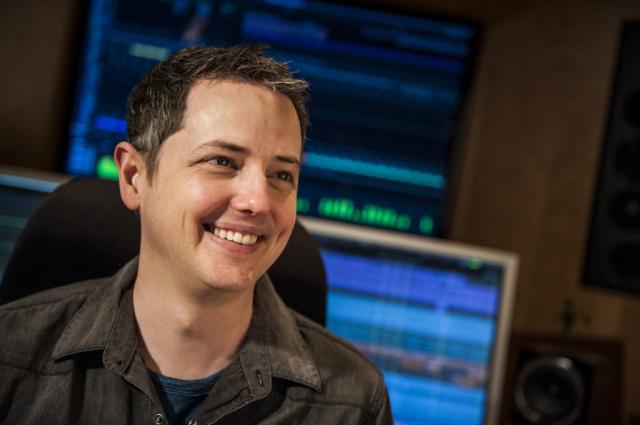
Yes, I'm always trying to find new creative outlets and avenues. What's so great about games is that so many of them take place in completely different times or geographical locations, and that's what always influences the music for me. That's the first thing that I use to figure out how I can make this music sound interesting and different, but still applicable to the game. Make it something that players appreciate when they play through the game, or if they listen to the soundtrack on its own.
Jason Graves: I always think that inspiration should be about 50% creatively stimulating and 50% horribly terrifying. Far Cry Primal definitely didn't disappoint, as I had a lot of fun trying these completely off the wall things. I feel like I pushed the boundaries a lot more than I ever did before. I don't remember ever playing plants, rubbing stones together, building bamboo shakers on my own before, let alone sweating on rocks or bleeding accidentally because I've cut myself or got a splinter. I've never done anything like that. Looking back it was a lot of fun doing that, but in the moment it was also creatively terrifying since I didn't know if it would work or not.
I had plants that were cymbals, stone and bamboo things that were high-hats and snare drums, lots of bins with gravel and dirt in them that were the toms. That was the craziest thing that I've ever done. I was literally grinding stone, and shaking wood. That's how I got splinters and blisters until I realized "Duh, wear some gloves!"
Jason Graves: Lots. They were amazing. In some cases I feel like I'm the one pushing the developer to try something different and new. But in this case, since Far Cry is such an established franchise, I thought I'd do "my thing" and they kept pushing me in a good way. I thought maybe they wanted to play it safe a little bit, but absolutely not.
I spoke with [the audio director] a lot, and he kept pushing. "We really like everything you sent, but we'd love to hear more of this type of track," was a lot of the feedback they gave. There were hardly any corrections. Even one piece that ended up being not appropriate for a part of the game (since the gameplay had changed), he said, "Don't change a thing. Send it to us the way it is, we'll put it somewhere else in the game." It was very professional, accommodating, and creatively empowering.
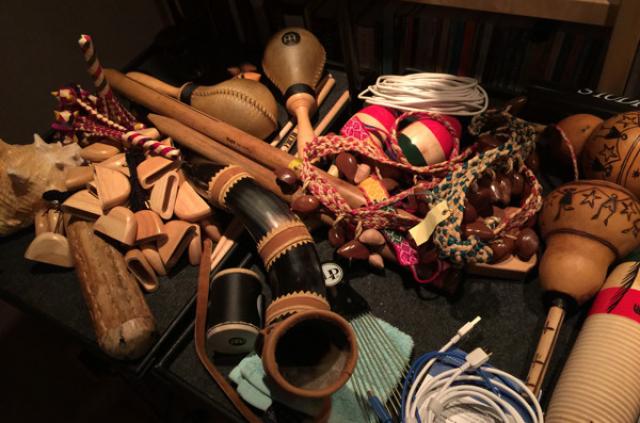
Tyler Treese: Music is one of the most underappreciated aspects of video games, and you've done an amazing job in the past of helping games set their tone. Do you feel like video game composers get as much credit as they should?
Jason Graves: That's very kind of you to say, and that's a heck of a loaded question, too. I think music for games gets as much recognition as music for film or TV does. Any of those entertainment genres, the composer goes kind of under the radar most of the time. I think that's okay since that's what the music is supposed to be doing.
Occasionally, you'll have a Star Wars movie where the music is really big and upfront, where you're supposed to notice that the music is there. But if people don't, I'm not really insulted. Because they're hearing it if they notice it or not, it's working as they're hearing it on a subconscious level. But I know what you mean, there's definitely a lot of not mentioning of the music. Even sometimes in reviews where there's a sound category.
Jason Graves: It's definitely not difficult because all of those games are so amazing. The difficult part is living up to my inner expectation of what the game could be if I do a really, really good job on the score.
All three of those games are incredibly different. It's pretty much impossible to not be inspired by the game itself, not to mention the people working on the game. They've been involved with it years before I come on, I'm just kind of riding their coattails so to speak. It's the diversity I really love. I'll work on Evolve on Monday, The Order on Tuesday, Wednesday I'll do Until Dawn, and by the time I come back to Evolve I'll be able to hear stuff with a fresh ear.
Jason Graves: Obviously every game is different. Normally I'm brought on earlier rather than later. It's not uncommon to have a 2-year production cycle for the music on some of these games. I have stuff coming out in 2018 or 2019 right now which is insane to think about.
It just depends. The earlier the better I would say. It doesn't mean the composer is composing if he's on board, it means he's soaking it up and experiencing the game as it evolves with the rest of the company. It makes the composer feel like part of the team and not a tacked-on extra who is brought on to slap on music at the end.
So, the longer the better, but there's always a crunch. We had about 3 months in the end where a lot of the music had to be done, but it was also a lot of music. It was hours upon hours of music that needed to be written. It used to be a lot less work as game systems can take so much more. Both as how much music goes into the game and how it gets implemented. So there is really no set answer.
Jason Graves: It's a great question because a lot of it has to do with the size of the team and the size of the game. I was working on a couple indie games where I live, and I was literally working on the music the day before the deadline. They didn't have a lot of music or complexity, so it went in right under the wire. But it's a small team, there's only 5 guys working on it instead of 500 or 5,000 from all over the world. The bigger it is, the longer it takes to do really.
Jason Graves: Well, ironically most of the composers I look up to end up being my friends as well. There seems to be a common camaraderie among a lot of us that work in film, TV, and games. The guys I really look up to are the guys sitting parallel to me in a way. Like in terms of their life experience, and what they're working on. We're all on the same journey. Like, I love John Williams, I think he is amazing, but I'm not really going to be able to relate to him on a personal level. But I can relate to his music for sure.
But to answer: Jessica Curry, Austin Wintory, a lot of the guys at Blizzard like Russell Brower who does amazing stuff as an Audio Director as well as a composer. I'm just going to name three as I could keep going on forever. But as far as listening to music, it's mostly people who are dead like Tchaikovsky, and Penderecki, who is a Polish composer.
Tyler Treese: One of the things I love to learn about is what inspired artists to get into creating music. What led to you wanting to be a composer?
Tyler Treese: You mentioned earlier that you're playing the games you are working on, but do you play any other games often?
Jason Graves: I used to be a much bigger gamer than I am now, that's for sure. I do play with my kids some, and they really enjoy games like Hohokum, Journey, and the non-shooter games. Which is great by me because I usually end up working on the shooter games. So getting to play something like Hohokum at the end of the day is really appealing. Other than playing 2019's biggest hit right now, that's usually where my gaming expertise lies these days.
Tyler Treese: Are there any game series or companies that you would love to work with?
Jason Graves: I answer this question the same every time so hopefully someone over there will read it and think, "That's a great idea." I really want to work with Naughty Dog. Ever since the first Uncharted game came out, I've been answering it the same way. They just seem to make really well rounded games. The mechanics are fun, the story is great, the dialogue is amazing, the character arcs are there.
If I had the choice to do anything it would be to sit down and watch a movie, and that's what I feel like when I'm playing their games. It's that immersive. The sound is great, the visuals are great, the whole package.
Tyler Treese: Finally, how can people stay up to date with your work?
Jason Graves: I'm on Facebook under Jason Graves Music, and I'm on Twitter @JGmusic. That's the two places where I post a lot of stuff. Some for the game guys, some for the geeky audio guys, and sometimes my animals get posted on there.








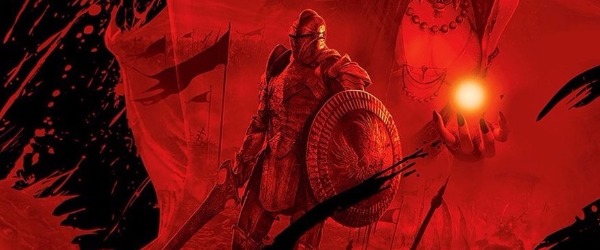
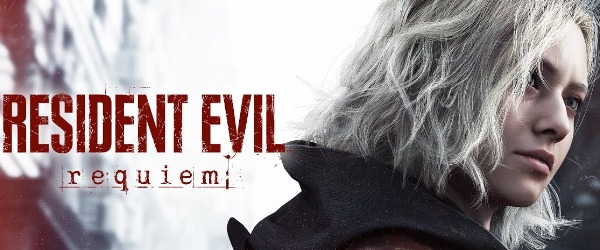
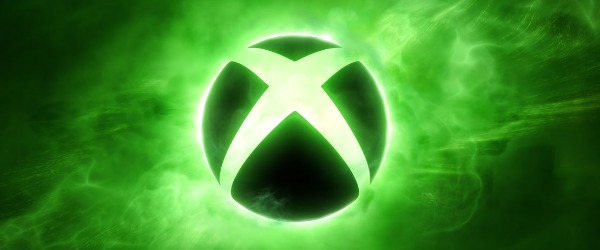
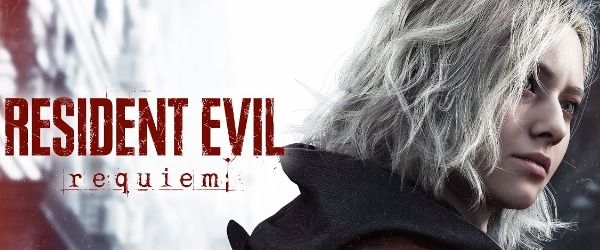










 Essay Pro
Essay Pro